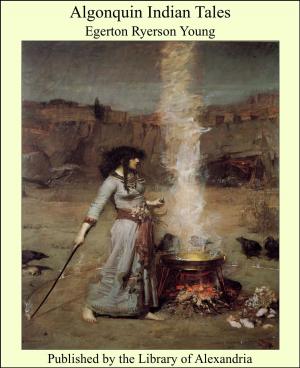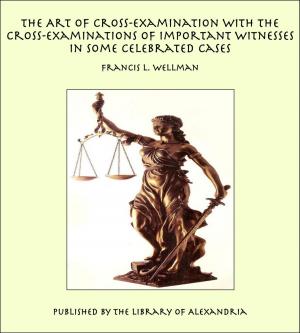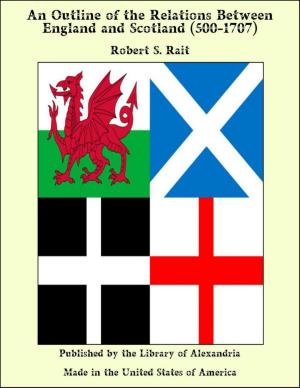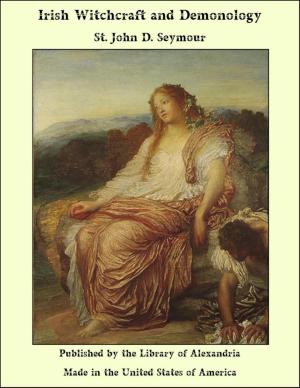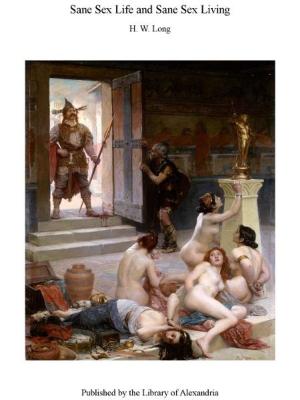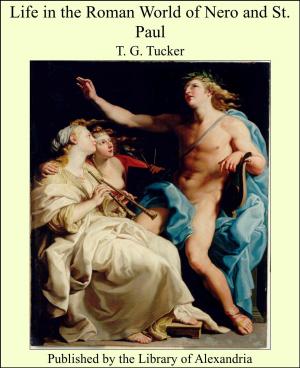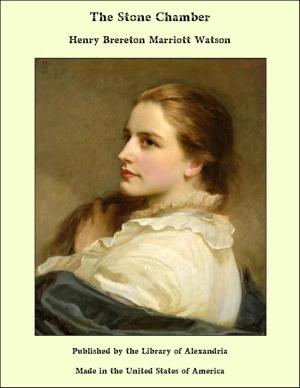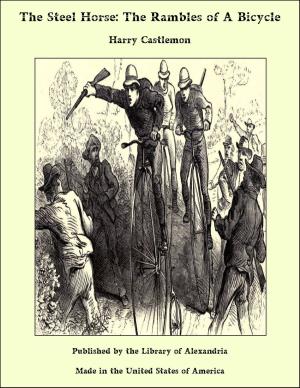The Nine Days' Queen, Lady Jane Grey, and Her Times
Nonfiction, Religion & Spirituality, New Age, History, Fiction & Literature| Author: | Richard Davey | ISBN: | 9781465616562 |
| Publisher: | Library of Alexandria | Publication: | March 8, 2015 |
| Imprint: | Language: | English |
| Author: | Richard Davey |
| ISBN: | 9781465616562 |
| Publisher: | Library of Alexandria |
| Publication: | March 8, 2015 |
| Imprint: | |
| Language: | English |
The tragedy of Lady Jane Grey is unquestionably one of the most poignant episodes in English history, but its very dramatic completeness and compactness have almost invariably caused its wider significance to be obscured by the element of personal pathos with which it abounds. The sympathetic figure of the studious, saintly maiden, single-hearted in her attachment to the austere creed of Geneva, stands forth alone in a score of books refulgent against the gloomy background of the greed and ambition to which she was sacrificed. The whole drama of her usurpation and its swift catastrophe is usually treated as an isolated phenomenon, the result of one man’s unscrupulous self-seeking; and with the fall of the fair head of the Nine Days’ Queen upon the blood-stained scaffold within the Tower the curtain is rung down and the incident looked upon as fittingly closed by the martyrdom of the gentlest champion of the Protestant Reformation in England. Such a treatment of the subject, however attractive and humanly interesting it may be, is nevertheless unscientific as history and untrue in fact. An adequate appreciation of the tendencies behind the unsuccessful attempt to deprive Mary of her birthright can only be gained by a consideration of the circumstances preceding and surrounding the main incident. The reasons why Northumberland, a weak man as events proved, was able to ride rough-shod over the nobles and people of England, the explanation of his sudden and ignominious collapse and of the apparent levity with which the nation at large changed its religious beliefs and observance at the bidding of assumed authority are none of them on the surface of events; and the story of Jane Grey as it is usually told, whilst abounding in pathetic interest gives no key to the vast political issues of which the fatal intrigue of Northumberland was but a by-product. To represent the tragedy as a purely religious one, as is not infrequently done, is doubly misleading. That one side happened to be Catholic and the other Protestant was merely a matter of party politics, and probably not a single active participator in the events, except Jane herself, and to some extent Mary, was really moved by religious considerations at all, loud as the professions of some of the leaders were.
The tragedy of Lady Jane Grey is unquestionably one of the most poignant episodes in English history, but its very dramatic completeness and compactness have almost invariably caused its wider significance to be obscured by the element of personal pathos with which it abounds. The sympathetic figure of the studious, saintly maiden, single-hearted in her attachment to the austere creed of Geneva, stands forth alone in a score of books refulgent against the gloomy background of the greed and ambition to which she was sacrificed. The whole drama of her usurpation and its swift catastrophe is usually treated as an isolated phenomenon, the result of one man’s unscrupulous self-seeking; and with the fall of the fair head of the Nine Days’ Queen upon the blood-stained scaffold within the Tower the curtain is rung down and the incident looked upon as fittingly closed by the martyrdom of the gentlest champion of the Protestant Reformation in England. Such a treatment of the subject, however attractive and humanly interesting it may be, is nevertheless unscientific as history and untrue in fact. An adequate appreciation of the tendencies behind the unsuccessful attempt to deprive Mary of her birthright can only be gained by a consideration of the circumstances preceding and surrounding the main incident. The reasons why Northumberland, a weak man as events proved, was able to ride rough-shod over the nobles and people of England, the explanation of his sudden and ignominious collapse and of the apparent levity with which the nation at large changed its religious beliefs and observance at the bidding of assumed authority are none of them on the surface of events; and the story of Jane Grey as it is usually told, whilst abounding in pathetic interest gives no key to the vast political issues of which the fatal intrigue of Northumberland was but a by-product. To represent the tragedy as a purely religious one, as is not infrequently done, is doubly misleading. That one side happened to be Catholic and the other Protestant was merely a matter of party politics, and probably not a single active participator in the events, except Jane herself, and to some extent Mary, was really moved by religious considerations at all, loud as the professions of some of the leaders were.

